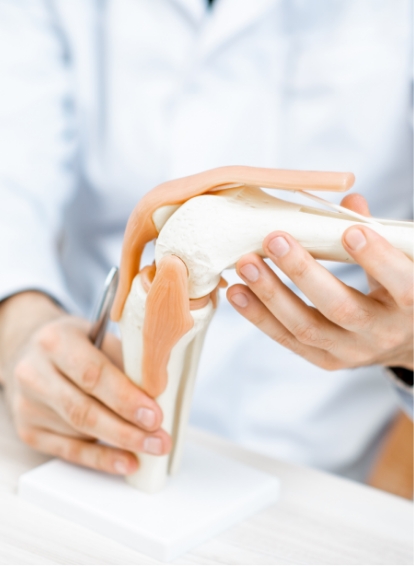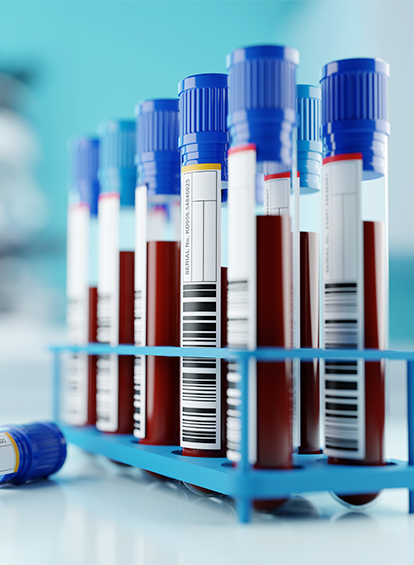Adult Psychiatry
Depression
Depression is a serious and prevalent mental health disorder that affects how a person feels, thinks, and behaves. It is marked by a prolonged sense of sadness, emptiness, or a loss of interest in daily activities, often impacting one’s ability to function in everyday life. Unlike temporary low moods, depression can have a profound impact on emotional, cognitive, and physical wellbeing, making even routine tasks feel overwhelming.
At The Clinica, we recognise the significant toll depression can take and provide a compassionate, expert-led approach to treatment. With the right support, most individuals can recover and regain a sense of stability, purpose, and enjoyment in life.

What is it?
Depression is more than just feeling down or having a bad day. It is a diagnosable medical condition that affects mood regulation and often interferes with relationships, work, sleep, appetite, and overall quality of life. The condition can vary in severity, from mild but persistent symptoms to more intense episodes that may feel debilitating.
There are various types of depression, including Major Depressive Disorder, Persistent Depressive Disorder (Dysthymia), Postnatal Depression, Seasonal Affective Disorder (SAD), and depression as part of Bipolar Disorder. Each presents in different ways, but all can significantly affect mental and physical health. Treatment is tailored to the individual, and early intervention improves the likelihood of successful recovery.
Book an appointment
Additional Information

Recognising the Symptoms of Depression
Depression presents through a combination of emotional, cognitive, physical, and behavioural symptoms. Emotionally, individuals may feel persistently sad, hopeless, or irritable, and often lose interest in activities they once enjoyed. Cognitive symptoms can include difficulty concentrating, persistent negative thoughts, and in some cases, suicidal ideation.
Physically, depression can manifest as changes in appetite or weight, sleep disturbances (including both insomnia and excessive sleep), fatigue, and unexplained aches or digestive issues. Behaviourally, people may withdraw from social activities, neglect daily routines or personal care, and experience reduced performance at work or school. Recognising these signs early is vital in seeking help and beginning treatment.
Why Does Depression Occur?
Depression is usually the result of a complex interaction between biological, psychological, and environmental factors. A family history of depression or other mental health conditions can increase an individual's risk. Changes in brain chemistry, particularly involving neurotransmitters like serotonin and dopamine, can also contribute to the condition.
Life experiences such as trauma, bereavement, ongoing stress, or a history of low self-esteem can trigger depression. Environmental pressures—including financial strain, social isolation, or difficulties in personal relationships—may exacerbate vulnerability. Additionally, certain chronic medical conditions, persistent pain, and side effects of medication may play a significant role.
How We Can Help
At The Clinica, we offer a supportive and expert-led environment for those seeking help with depression. Dr Arora provides thorough assessments and bespoke treatment plans tailored to each individual's symptoms, lifestyle, and goals. This may include a combination of psychological therapy, medication, and practical lifestyle guidance.
Our holistic approach ensures that all aspects of wellbeing are considered, offering both short-term relief and long-term management strategies. Whether you are reaching out for yourself or supporting a loved one, we are here to help. Please contact our Booking Team on 01344 946363 or email info@theclinica.co.uk for confidential support and guidance.
Frequently Asked Questions
If you’ve been experiencing persistent low mood, loss of interest in activities, fatigue, or changes in sleep or appetite for more than two weeks, it may indicate depression. A professional assessment can help confirm the diagnosis.
Yes. Many individuals benefit from psychological therapies such as CBT without needing medication, particularly in mild to moderate cases. Your clinician will guide you on the most appropriate options for your situation.
Therapy, especially Cognitive Behavioural Therapy (CBT), is highly effective for many people. It helps identify and challenge negative thinking patterns and equips individuals with tools to manage symptoms long-term.
Depression can recur due to stress, life events, or biological factors. Ongoing support, therapy, and lifestyle changes can help reduce the likelihood of relapse.
Antidepressants are not considered addictive in the way substances like nicotine or alcohol are. However, they should be started and stopped under medical supervision due to possible withdrawal symptoms.
Yes, many people recover fully from depression, especially with early intervention and the right combination of treatments. Ongoing self-care and professional support can help maintain wellbeing.
Specialised Clinics
General Enquiries
Please send your enquiry to us and our Practice Manager will be in touch shortly. Alternatively, if you would rather speak to us or your enquiry requires our urgent attention, please call us on 01344 946363.







